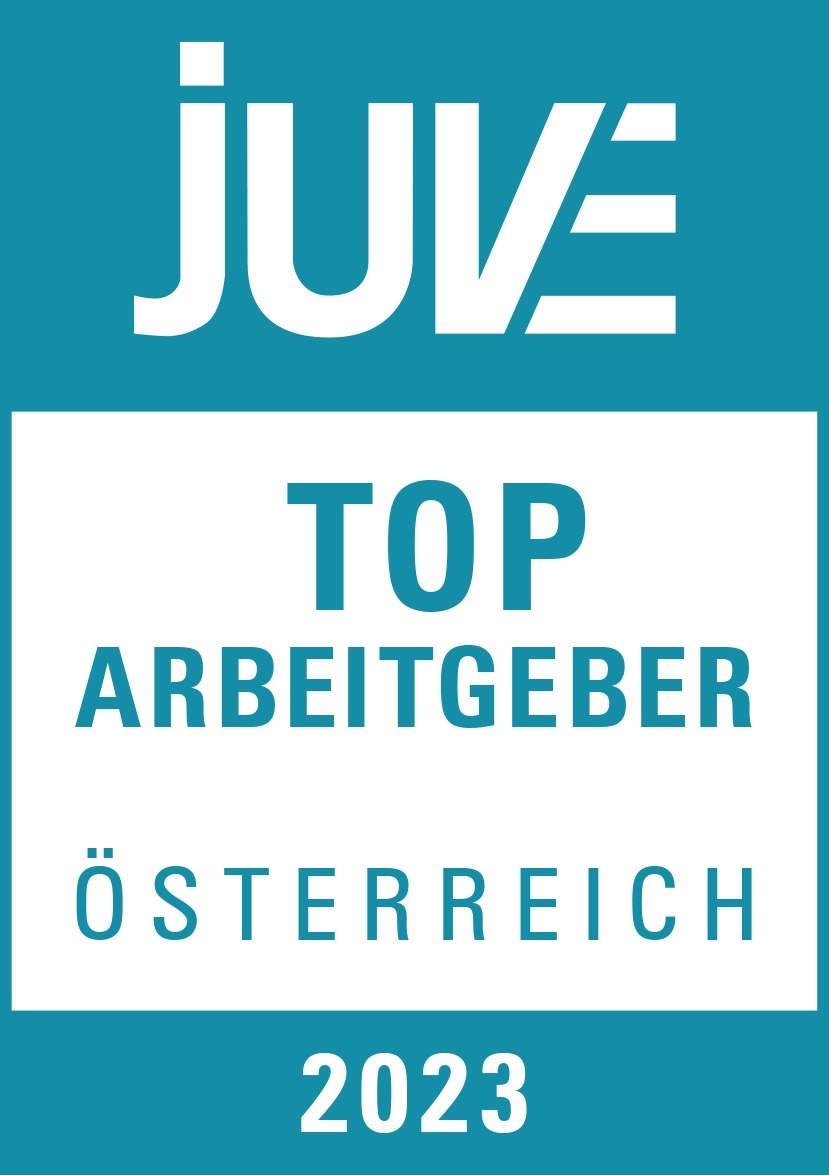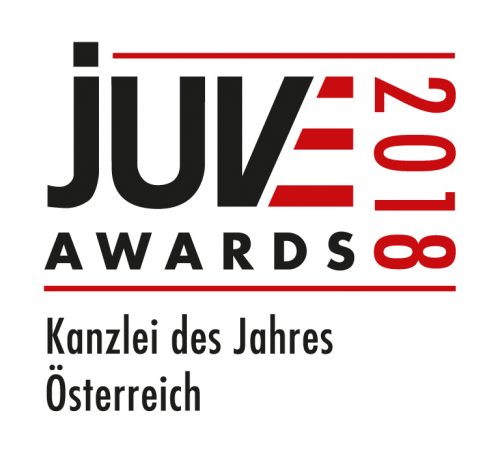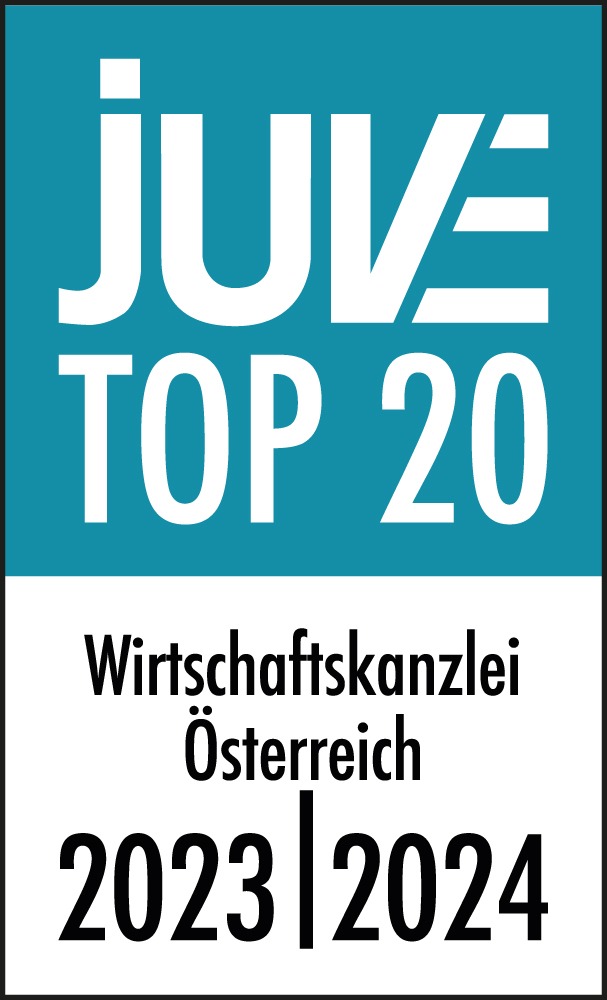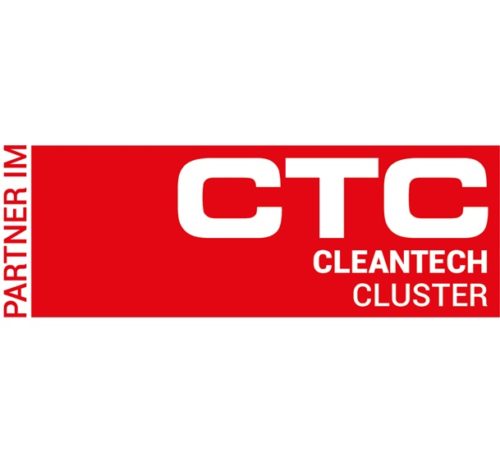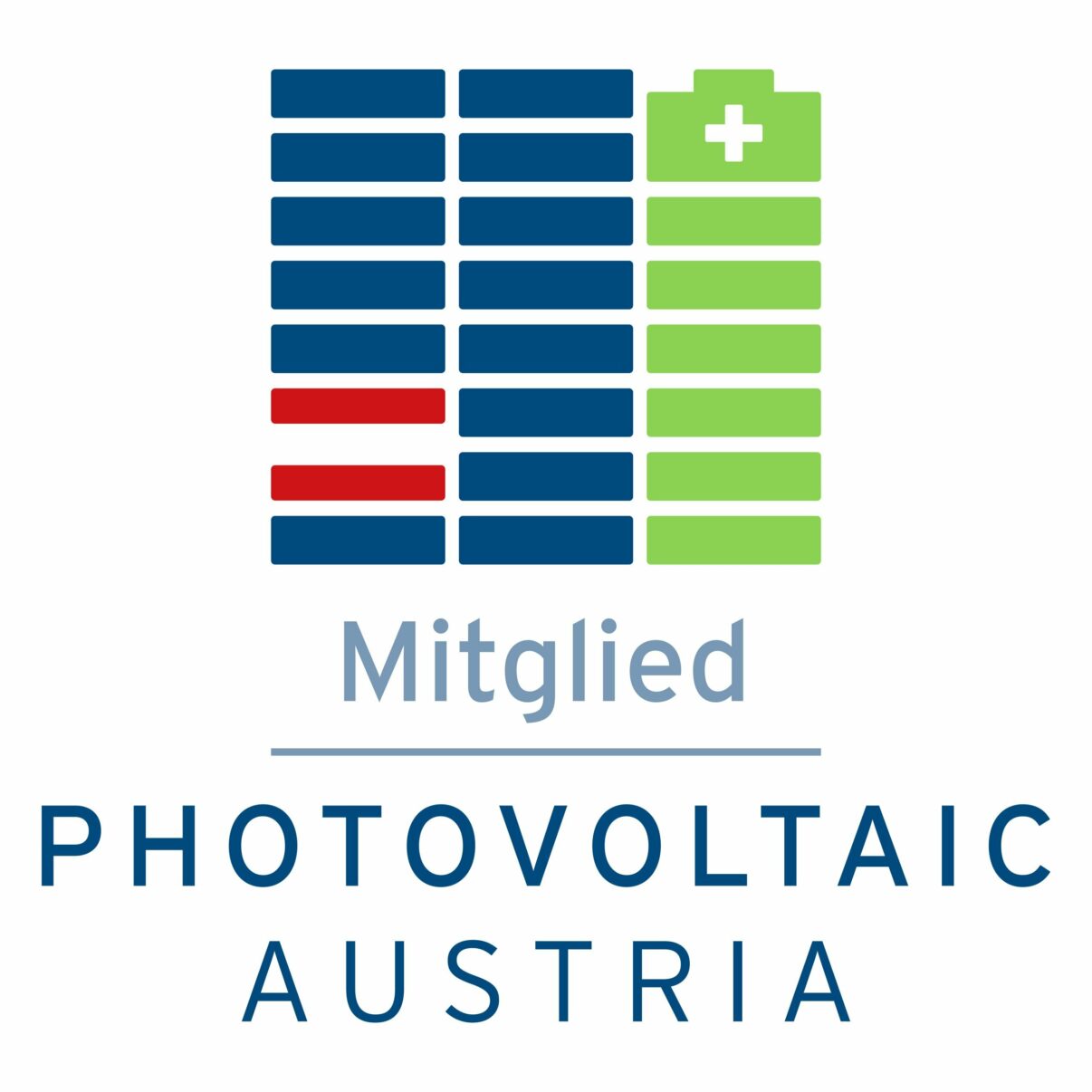Whistleblowing reporting systems
We help with implementation and processing!
The Waste Management Act 2002 (AWG 2002) is soon to be comprehensively amended. It is primarily intended to implement the EU Circular Economy Pact. In addition to strengthening the circular economy, the project also focuses on reducing the volume of plastic waste in Austria. An overview:
The draft was under review until the beginning of June and was the subject of numerous comments. In addition to general approval, numerous points of criticism have been raised.
In any case, the main focus of the amendment to the Waste Management Act is the implementation of EU law, in particular the EU’s Single-Use Plastic Directive as well as the Circular Economy Pact. As part of the circular economy package, the following EU directives have been changed:
The aim of the amendment is, on the one hand, to promote a circular economy in which products, materials and resources are returned to the production process as far as possible after use, thereby reducing the generation of waste to a minimum, and, on the other hand, to reduce the amount of plastic waste in Austria in order to prevent or reduce the negative effects of plastic waste on the environment.
In addition, the amendment is intended – in line with the Federal Government’s goal to promote the transport of “rail-related goods” by rail – to increase the use of rail transport for the transport of waste, thereby making a significant contribution to the reduction of emissions in road traffic.
In particular, the draft comprises the following details:
It is now up to the responsible Ministry of the Environment (BMK) to review and process the comments received on the draft. It remains to be seen how the final version of the amendment will be designed. Due to the scope of the amendment and the explosive nature of some of the proposed changes, the resolution of the amendment in parliament could still take some time. However, the time pressure is great, especially since the EU Circular Economy Package should have already been implemented since last summer (implementation deadline was July 5th, 2020) and Austria could face further infringement proceedings.
If you have any further questions on this topic, please do not hesitate to contact our expert Reka Krasznai from the Environmental Law Team.
This article is for general information only and does not replace legal advice. Haslinger / Nagele Rechtsanwälte GmbH assumes no liability for the content and correctness of this article.
8. July 2021
